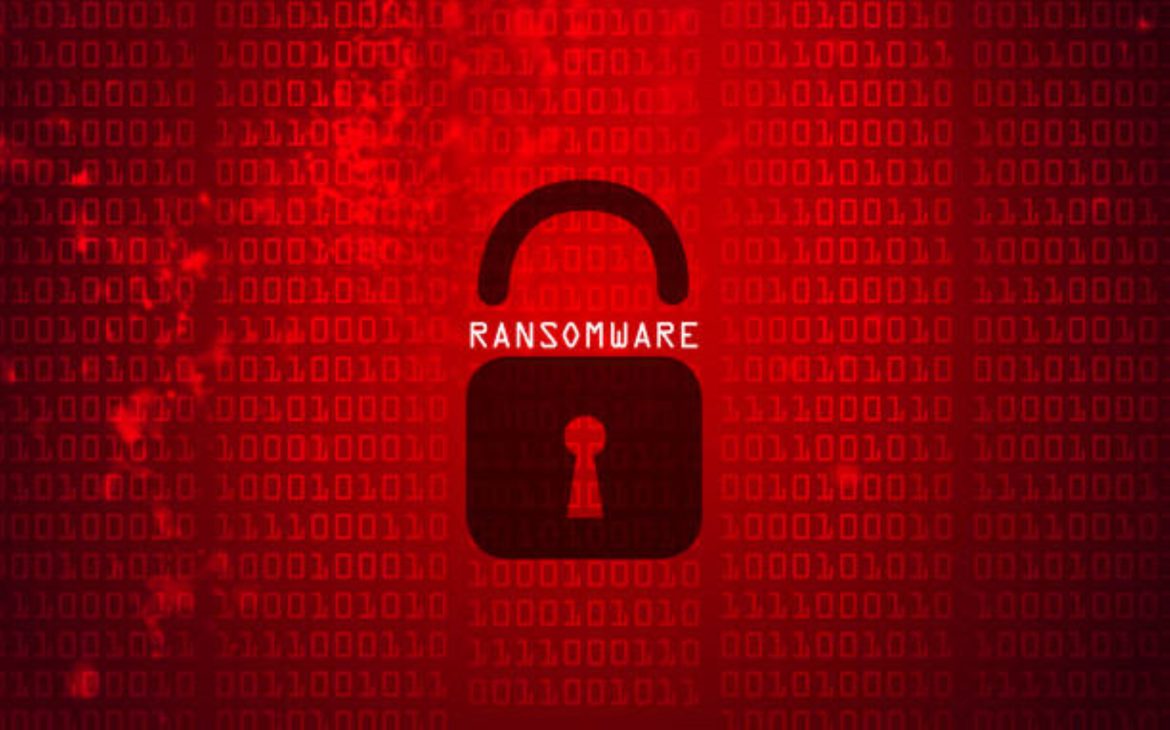As grim as it was, the pandemic of recent years, and its resultant global economic crisis, were a prime catalyst for record number of first-time bank users, the previously unbanked. This global phenomenon has been covered extensively, with banks reporting significantly higher growth rates for new entry level bank accounts by first time bank users. Trellix South Africa County Lead Carlo Bolzonello urges financial institutions to consider the cybersecurity threat these novices are likely to face.
The World Bank’s Global Findex Database 2021 Financial Inclusion, Digital Payments, and Resilience in the Age of Covid-19 report found that 84% of South Africans over 15-years-old have bank accounts, an improvement from 54% in 2021.
Urban, semi-urban, and rural areas are home to many first-time bank customers. Financial organisations now offer innovations like mobile money have significantly changed trade and commerce in these areas by enabling people to transact instantly over long distances without the need for cash.
These new customers to financial institutions often live in urban areas, and typically have better access to a wider range of digitally enabled financial services, including investment dashboards, budgeting apps, investment portals, and daily cashless transactions like buying a stick of gum or a house. They have long become accustomed to the concept of the enormous information portal.
South Africa’s banking organisation customers in lower income brackets have largely continued to use feature phones, which are primarily used for communication.
Mobile computer programme development has given businesses capabilities to extract value and wealth and build advanced machines. But for those new to the buzzing world of cool apps, this evolution presents many traps that lay waiting to ambush the unsuspecting.
Many new financial institution customers have reluctantly embraced digital banking and all that it has to offer. Business leaders must be aware that when a new user is not trained in the proper use of the user interface and system tools, technical issues, downed networks, and identity theft are very real threats.
Seeing the potential in this long under-served segment, developers will be looking to build their programmes (even more) creatively to be more intuitive and seamless for first time users of digital technology entirely, not just their particular system.
An artificially intelligent digital assistant could automatically determine a user’s prior navigational experience and offer voice or voiceless suggestions along the way, as well as additional security and warnings against various online threats.
Financial institutions will want to guarantee the safety of each and every one of their customers as the data repository expands exponentially and more users enter the quickly changing financial sector, which is increasingly being driven by fintech innovation. Depending on whether the participants were on the fence about joining due to superstition, a fear of technology, or just a general resistance to change, banks may find the experiences of their new consumers to be encouraging or discouraging.
Individuals are every organisation’s greatest vulnerabilities because of the rapidly growing universe of online threats and threat actors, which has made South Africa a clear target for numerous attacks. There are few people with the specialised skills needed to operate legacy cybersecurity solutions, not just in developing countries but also abroad.
Fortunately, the emergence of the extended detection and response (XDR) framework is offering much-needed breathing room for business leaders perplexed by the world of cybersecurity and largely unaware of the extent to which South African businesses, public institutions and even individuals are being targeted by hackers.
Running artificial intelligence generated scripts, the connected ecosystem pulls data from a wide and comprehensive pool of existing standalone solutions, updating new attacks in real time to give subscribers the most effective protection against an evolving threat landscape.
Providing a more complete, but simpler picture of active threats across the entire connected world in real-time, XDR delivers this information to centralised security operations for a quicker response that benefits a larger network of people also subscribed to the remotely operated and monitored XDR tool, covering even the least tech-savvy, first time digital tech user.
As a result, all system managers in the financial industry—on whom significant economic growth depends—will feel less stress when users from this previously underserved market start using their services because they will be able to manage each new user effectively by covering all the necessary ground for knowledge and vigilance while logged in.


